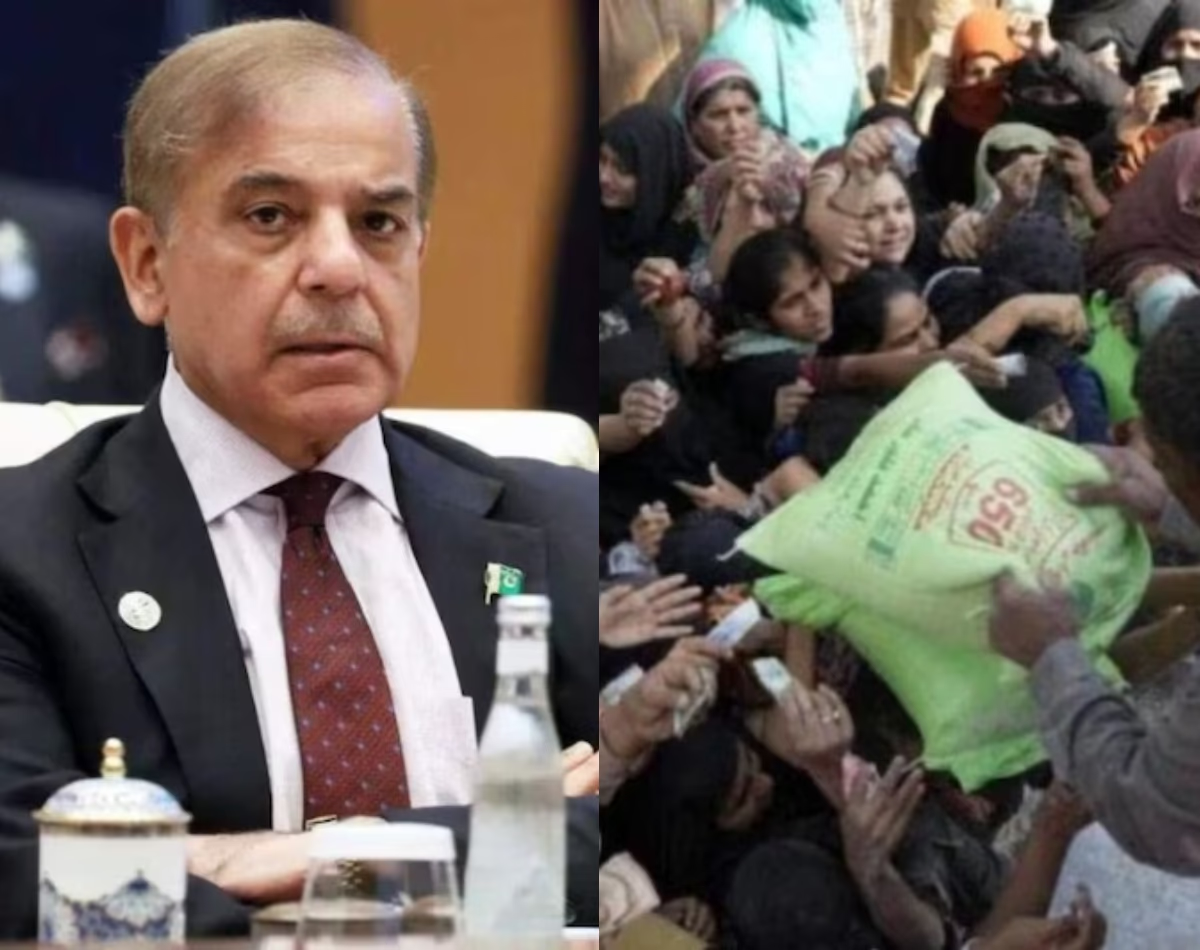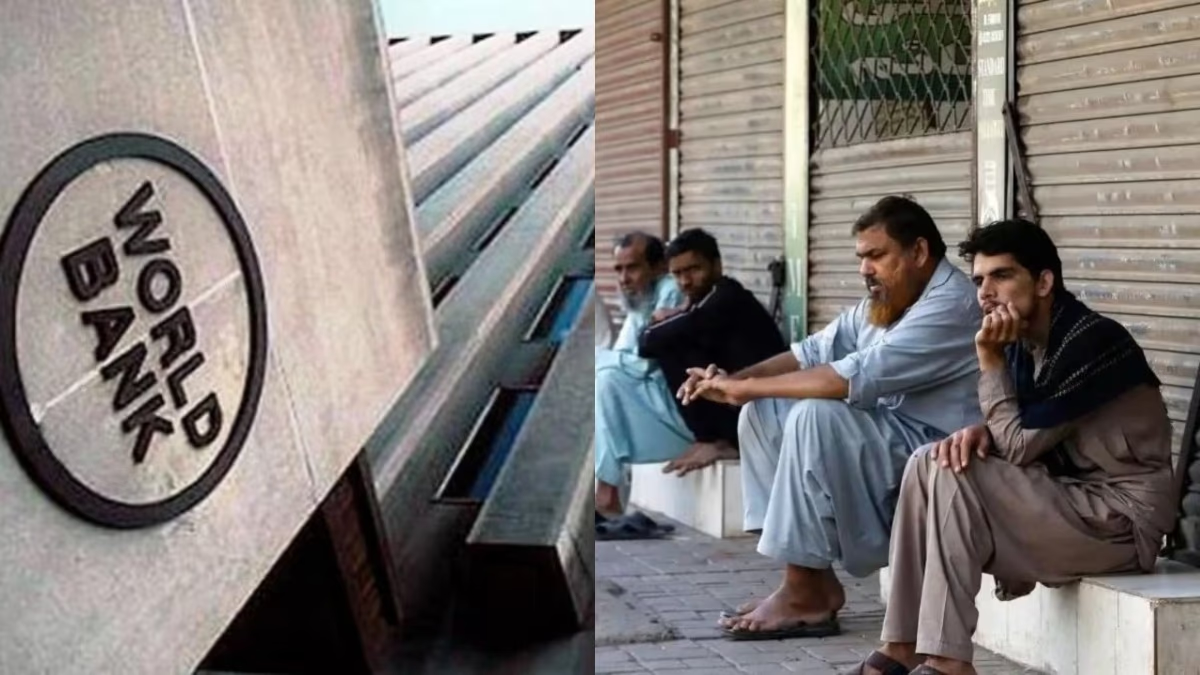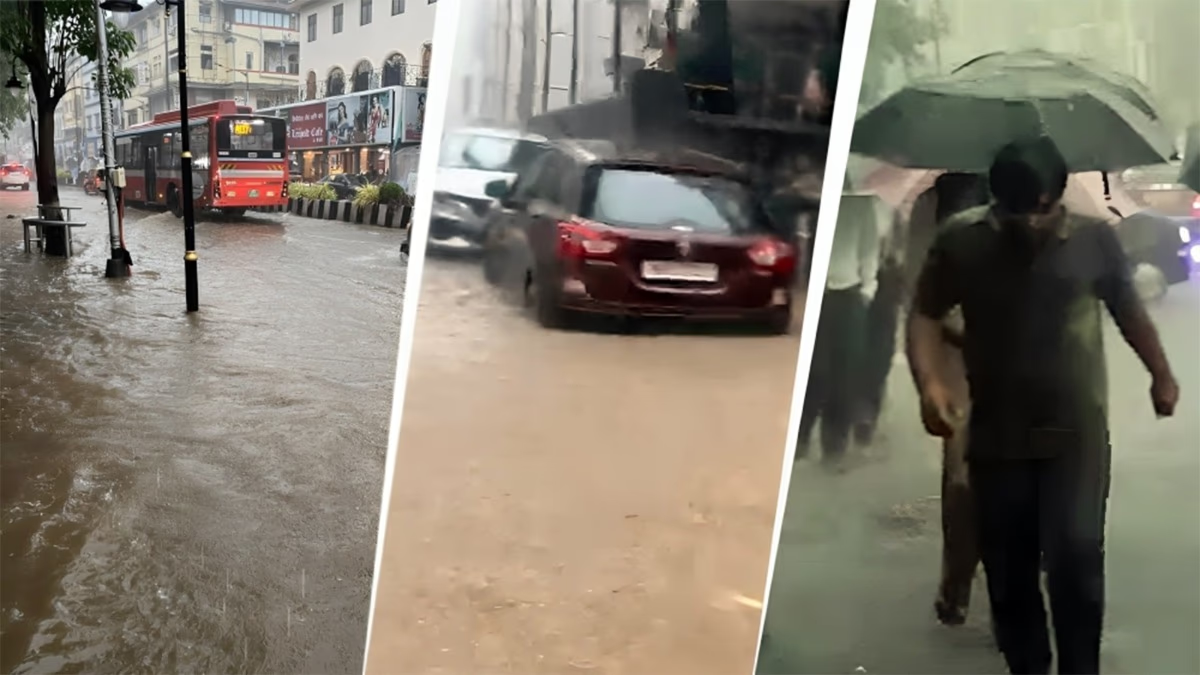For quite some time now, Pakistan has been battling an economic crisis despite receiving financial support from global organizations like the IMF. The situation remains dire, with rising poverty and spiraling inflation making basic necessities increasingly out of reach for the common people. Meanwhile, Pakistan often embroils itself in unnecessary conflicts with India, only to end up with unfavorable outcomes. This ongoing poverty crisis in Pakistan is now being highlighted not just by observers but through a revealing report by the World Bank. This disclosure comes at a time when there are talks about a $20 billion approval from the World Bank for Pakistan.
Conditions Worsen Despite Financial Aid
Images of poverty-stricken Pakistan frequently surface on social media, depicting people risking their lives for basic commodities amidst economic hardships. Despite significant financial assistance from the IMF and the World Bank, Pakistan has funneled resources into troubling areas rather than uplifting its citizens, clearly illustrated by heightened tensions after incidents like the Pahalgam attack. The IMF, realizing the misappropriation, imposed 11 new conditions on additional support, following a recent $1 billion bailout package.

Source: aajtak
GST's Role in Rising Poverty
The World Bank’s recent revelation points to the role of the General Sales Tax (GST) in exacerbating poverty in Pakistan. Their report titled 'The Effects of Taxes and Transfers on Inequality and Poverty in Pakistan' highlights that GST accounts for more than 7% of pre-tax household expenditures, deepening the economic hardships of already vulnerable families.
Echoing the World Bank's findings, a report from Dawn reiterated that GST significantly contributes to national poverty, a conclusion drawn after incorporating the marginal contributions of individual fiscal instruments and their combined impacts on poverty and inequality.
Recommendations for Pakistan’s Government
Following these findings, the World Bank advises Pakistan on how to mitigate these risks. It suggests the government needs to enhance domestic revenue collection and optimize public expenditure to improve fiscal equity. The global body also emphasizes the importance of enhancing access to public health and education as pivotal measures to reduce poverty and inequality in the country.
Furthermore, the World Bank points out flaws in Pakistan's tax system, emphasizing that an over-reliance on indirect taxes, rather than direct taxation and efforts to raise revenue, presents a significant challenge for the nation.




